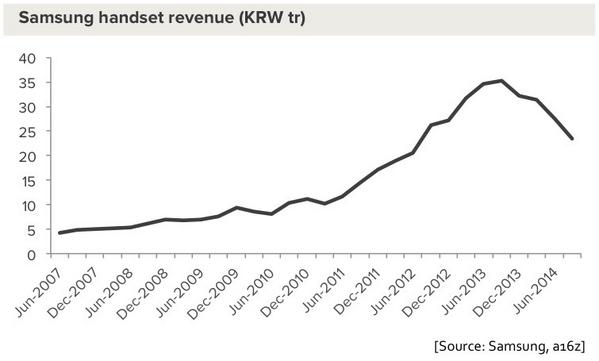Now Android fans are probably already thinking, "well with an Android device, I can add an SD Card for more storage!" In fact, that's what Samsung itself recommended Galaxy S4 users do in early 2013 to make up for the fact that Android and bundled apps were wasting nearly half the available advertised storage.
However, SD Cards don't work like built-in storage; they're more like a floppy drive. They offer no security because they use Microsoft's FAT file system, which does not support file or user permissions, enabling any rogue app to read and steal personal data and making it far more difficult for end users or enterprises to secure their devices.
SD Card's lack of file and user account security—along with the related problems of potentially removable storage in a mobile device (there are many)—prompted Apple to never rely upon SD Cards for memory expansion on its iPods and iOS devices, even though it did make it possible to use external SD Cards with iPods, Macs and iOS devices via USB.
Google initially supported internal SD Card slots to help make Android devices cheaper, but the security and usability issues finally prompted Google to remove SD Card support in its 2013 release of Android 4.4 KitKat.
After installing KitKat, Android users found that their SD Cards no longer work, or can only be used in very specific ways, not as general purpose storage for things like apps and the user's photo library. Users who bought a Galaxy S4 and took Samsung's advice to make up for lost storage via SD Cards were subsequently left SD-out of luck.
I remember constantly hearing two arguments against Apple for omitting SD cards:
- "Apple is greedy and just scams everyone into buying the more expensive models!"
- "Apple doesn't innovate! They can't even put SD cards in their phones!"
The reality that these deaf ears refuse to understand: Apple always has and always will prioritize battery life and security for their mobile devices.
